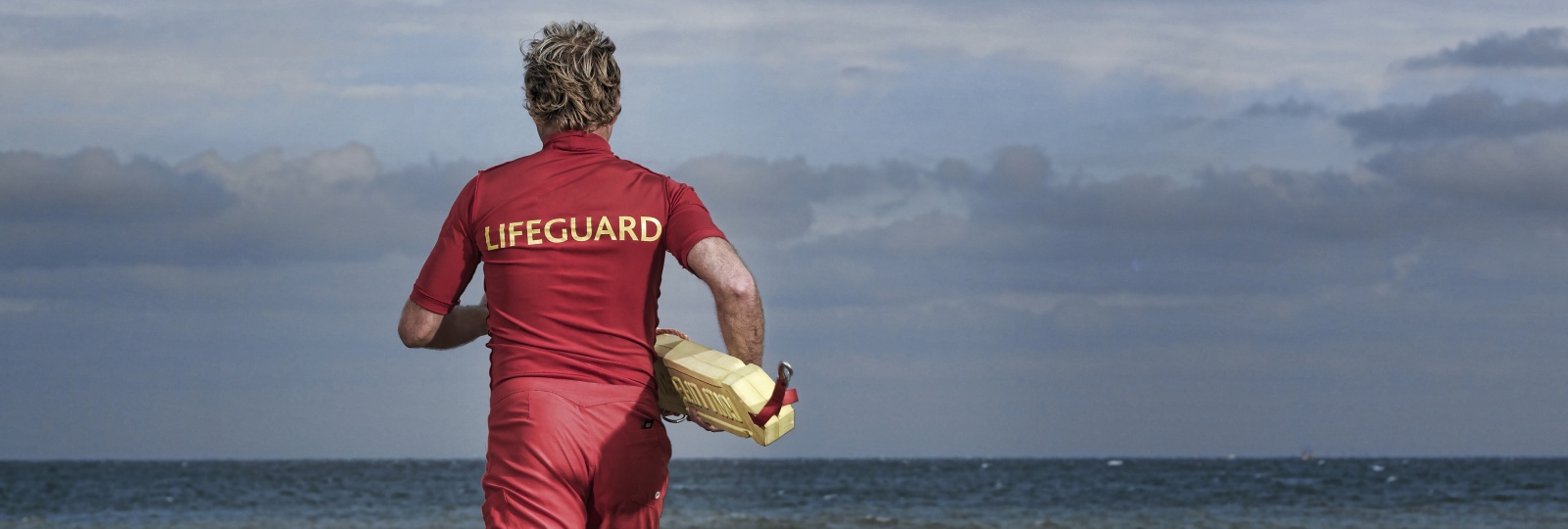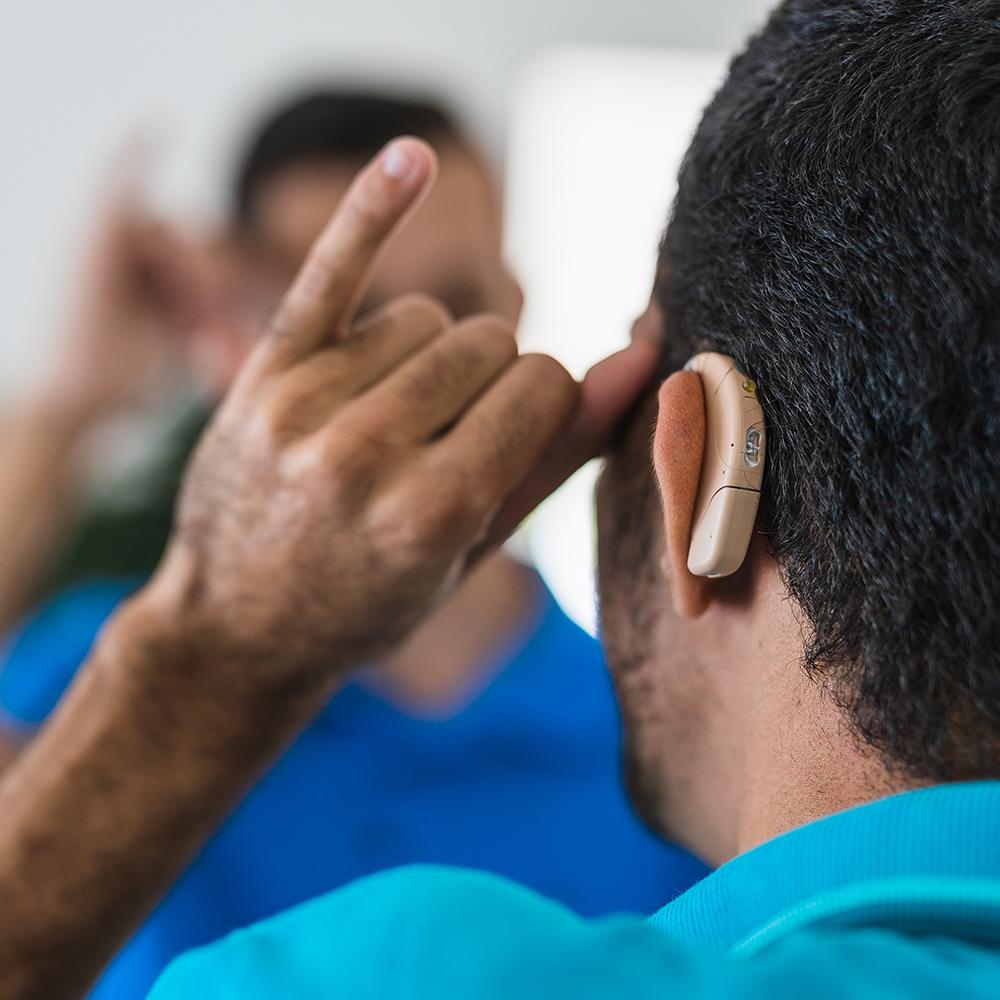
From firefighters and paramedics to police officers, all first responders and emergency personnel are considered to have high-risk occupations. An inescapable part of any such role is the frequent exposure to trauma and life-threatening emergency situations faced by these individuals in their efforts to save the lives of others. Research shows that first responders, being a high-risk group, are more likely to suffer from acute and secondary traumatic stress, depression, PTSD, and other psychological complaints, which may include substance abuse, fatigue, or burnout.
Lifeguards are often overlooked as part of this group, but – as part of their role – the fact remains that they are frequently exposed to distressing rescue incidents and dangerous scenarios. While on duty (and even in their leisure time) lifeguards are typically exposed to critical incidents such as near drownings, drownings, and missing swimmers. The unfortunate reality of a “search and rescue” operation for a lifeguard is that a “rescue” can become a “recovery”. And when casualties are not found, the effects can also be devastating.
Quoted in the National Sea Rescue Institute’s (NSRI) Sea Rescue publication, the NSRI’s Enrico Menezies says that the outcomes of rescues definitely affect the crew. “There were times in my career,” he says, “when we were not in time for a happy ending. Bringing the deceased home and getting closure for the families and yourself help you to deal with the tragic event. When you don’t find the casualty, you feel like you have failed; there is no closure.” Enrico, who has been involved in about 400 call-outs during the many years he has been with the NSRI, knows from personal experience that a single traumatic event can have a lifelong effect on an individual.
Research shows that lifeguards are involved in non-water related incidents too. These may include major and minor medical incidents, heart attacks, full cardiac arrest, respiratory issues, chokings, assaults, exposure to infectious diseases, and potentially the discovery of a dead body. All of these situations are outside the typical human experiences and what is considered “normal trauma” in life – they are life-threatening for the victim and psychologically distressing with the potential to result in PTSD for the individuals involved.
This inevitably means that, like other first responders, the lifeguards working for the NSRI face the risk of duty-related emotional stress, mental health problems, burnout, depression, and posttraumatic problems. With the number of critical incidents of this nature that lifeguards experience as part of their occupation, mental health is an important consideration, enabling them to continue performing their duties efficiently and safely.
Life Healthcare is extremely proud to play a major role in supporting NSRI lifeguards across South Africa, allowing them to continue their all-important service. Our Employee Wellness Programme is well suited to ensuring that lifeguards are given the critical mental-health support they require, offering them trauma counselling services to equip them to carry out their demanding duties. Life Healthcare is delighted to be a health and wellness partner – and a platinum sponsor – of the NSRI.
Protecting the overall health of these individuals is vital to ensuring that they are mentally prepared for the demanding and crucial role they play and can effectively perform their job. As Menezies points out, “You need the courage to identify there is something wrong, listen to the people closest to you when they tell you that you’re behaving strangely, and accept the treatment and help offered to manage the condition. You cannot do it alone!”





